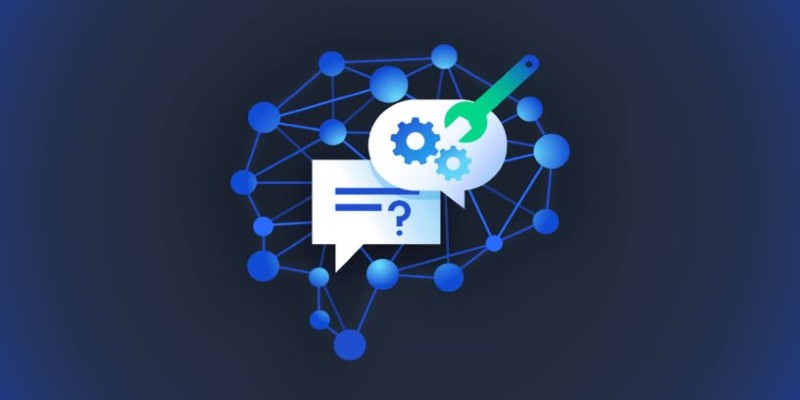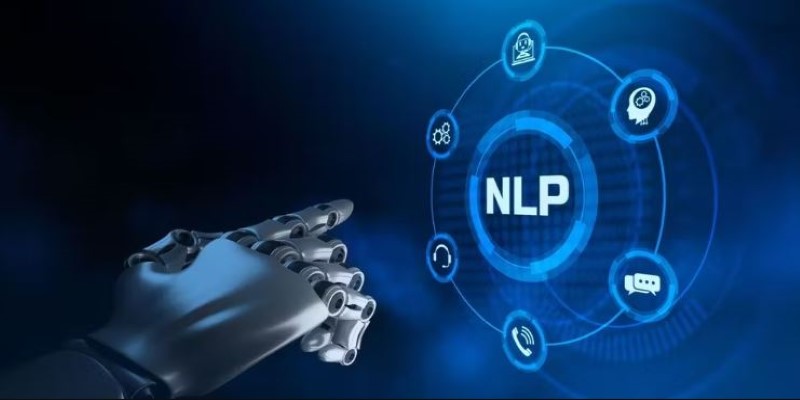In a world where technology is becoming more integrated into our daily lives, the ability of machines to understand and process human language has become a game-changer. This is where Natural Language Processing (NLP) comes in. NLP engineers are the masterminds behind the technology that allows computers to interpret speech and text like never before.
From voice assistants to translation apps, their work is at the heart of innovations that are revolutionizing communication. But what exactly does an NLP engineer do, and how do they shape the future of artificial intelligence? Let’s dive into their role.
Responsibilities of an NLP Engineer
The primary responsibility of an NLP engineer is to develop algorithms that help machines understand natural language. This involves using machine learning techniques to teach computers how to process text or speech data. The work can be divided into several key areas, from data preprocessing and model building to training and optimization.
One of the main challenges that NLP engineers face is the inherent complexity of human language. Words can have multiple meanings depending on the context, and sentences can be structured in various ways. NLP engineers must develop systems that can handle these nuances and enable machines to interpret language with a high degree of accuracy.
NLP engineers also play a significant role in building tools that enhance user experience. For example, they work on developing chatbots and virtual assistants that can engage in natural conversations. These tools rely on advanced algorithms to understand queries, process responses, and continue a dialogue. Additionally, NLP engineers develop algorithms for machine translation, enabling systems like Google Translate to translate text from one language to another.
Training and tuning these systems is another key function of the role. NLP engineers process huge volumes of text data, tuning machine learning models to enhance performance and accuracy. The data consumed needs to be preprocessed and cleaned so that the models are trained on high-quality data. This involves stripping away noise from the data, fixing errors, and translating text into an understandable form for machines.
Skills Required for an NLP Engineer
Becoming an NLP engineer requires a mix of technical and linguistic expertise. Engineers need to be proficient in programming languages such as Python, Java, or R and have a solid understanding of machine learning algorithms. Familiarity with AI frameworks like TensorFlow and PyTorch is also essential, as these tools help build and train deep learning models.

A strong foundation in linguistics is also crucial. NLP engineers must understand syntax (sentence structure), semantics (meaning), and pragmatics (context and usage). This knowledge helps them create systems that can process language in a way that mirrors human understanding.
Another important skill is data manipulation. Working with large datasets is a significant part of an NLP engineer’s job. They need to clean, transform, and prepare data for training machine learning models. This requires proficiency in data analysis tools like Pandas and an understanding of how to structure and organize data effectively.
Finally, problem-solving skills are essential for NLP engineers. The challenges of working with human language—ambiguity, complexity, and context—demand creative and effective solutions. Engineers must be able to troubleshoot and optimize models to ensure they perform as expected.
NLP Engineers and the Applications of AI
NLP engineers work in a variety of industries, applying their skills to develop technologies that improve our interaction with machines. Some of the most common applications of NLP include:
Voice Assistants and Speech Recognition: NLP engineers create systems that convert spoken language into text, allowing virtual assistants like Siri and Alexa to understand and respond to voice commands.
Machine Translation: NLP engineers develop models behind translation tools like Google Translate, enabling accurate text translation by accounting for differences in grammar, syntax, and meaning across languages.
Chatbots and Conversational AI: NLP engineers build models that enable chatbots to understand user input and provide relevant, natural responses, enhancing customer service and problem-solving interactions across businesses.
Sentiment Analysis: NLP engineers create systems that analyze text to determine sentiment, helping businesses understand customer opinions through reviews, social media, and feedback.
Text Summarization: NLP engineers develop models that condense lengthy texts into concise summaries, aiding in quicker comprehension and easier access to critical information in news and research.
Information Retrieval and Search Engines: NLP engineers optimize search engine algorithms, improving results ranking and retrieval to ensure users find the most relevant and accurate information based on queries.
Challenges Faced by NLP Engineers
While NLP has made significant strides in recent years, NLP engineers still face several challenges. One of the biggest hurdles is dealing with language ambiguity. Words often have multiple meanings depending on the context and understanding the intent behind a sentence is a complex task for machines. This can lead to errors in interpretation, which engineers must work hard to minimize.

Bias in machine learning models is another challenge. Since NLP systems are trained on vast amounts of data, they can sometimes inherit biases present in the data itself. For example, a system trained on biased language data may generate biased results. NLP engineers need to take steps to ensure their models are fair and unbiased, which can involve carefully curating training datasets and testing the models for any signs of bias.
Additionally, language itself is always evolving, with new slang, idioms, and expressions emerging regularly. NLP engineers must constantly update their models to reflect these changes, ensuring that their systems can keep up with the latest linguistic trends.
Conclusion
In the fast-evolving AI landscape, NLP engineers are crucial in developing systems that understand human language. They create algorithms that power voice assistants, translation tools, and more. Combining technical expertise with linguistic knowledge, these engineers enable machines to communicate with us in increasingly sophisticated ways. As NLP technology advances, it will continue to lead the way, shaping the future of AI and enhancing the interaction between humans and machines. Their role is vital in the ongoing AI revolution.
